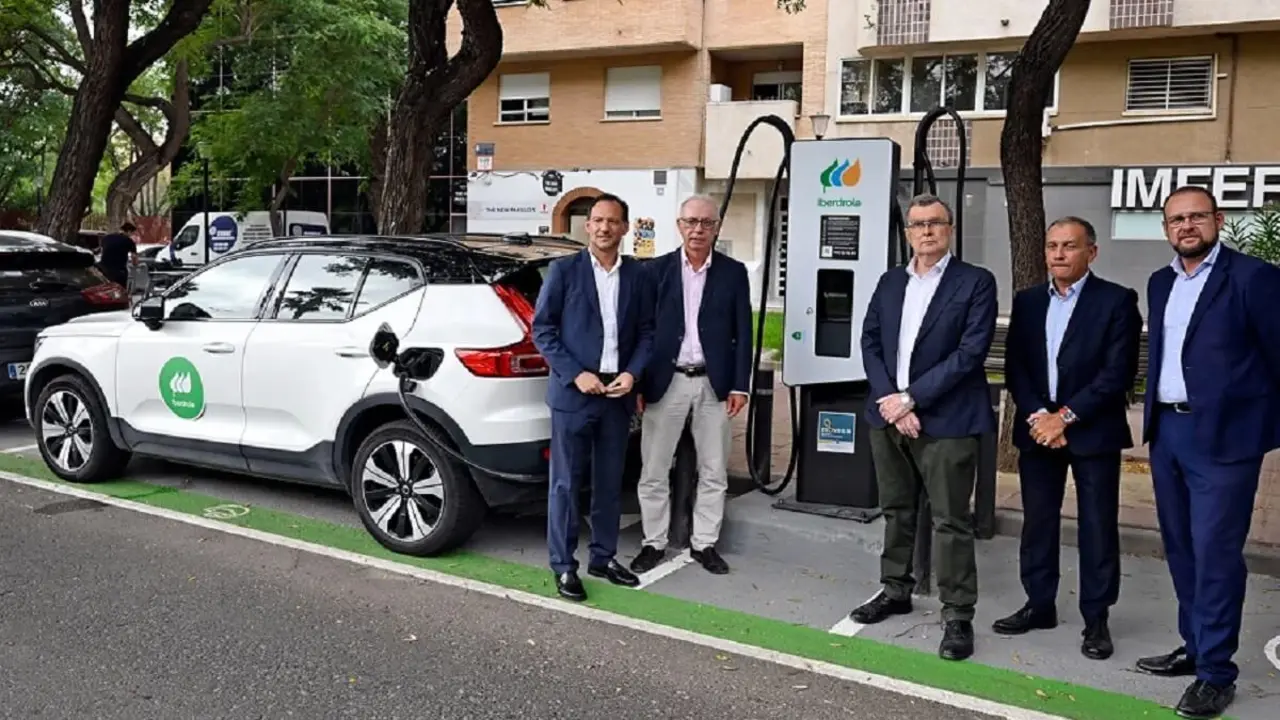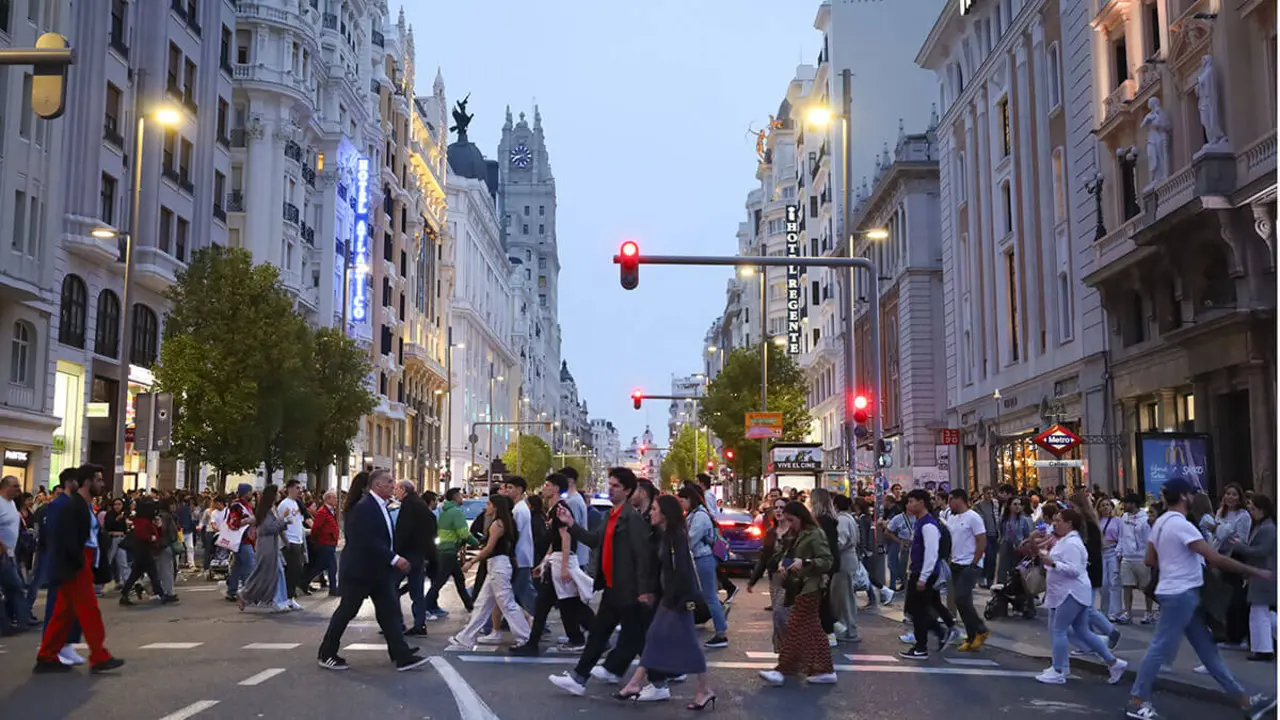Las iniciativas de Marruecos para hacer frente a los desafíos de 2023

Inflation appears to be the biggest threat to the world's economies in 2023. In addition to the already depleted coffers of the governments of all countries following the COVID-19 crisis, the energy crisis as a result of Russia's invasion of Ukraine has now been added. Since the Kremlin decided to start a war against Kiev a little less than a year ago, inflation has soared in a large part of the international community, challenging the economic stability of many of them.
In this context, Morocco has tried to act quickly to alleviate the blows of the war. Not only inflation, but also energy shortages due to the disruption of energy supplies - also linked to the diplomatic crisis with Algeria - have put the Alawi kingdom on the ropes. However, Mohammed VI's country has launched a large number of initiatives that, in addition to having sustained the economy in 2022, are expected to bear even more fruit in 2023, which looks to be a difficult year for all the world's economies.

Exports underpin a large part of the Kingdom's economy. And this is largely due to the agricultural sector, which contributes 14% of gross domestic product (GDP). One of the problems with this importance of agriculture is the dependence on the weather situation and the level of rainfall to help production. However, 2022 has left a positive trend in this regard, positioning Morocco as one of the largest exporters of fruit in the world. Thanks, among other things, to this, Rabat has achieved economic growth of 1.5%, a figure that is expected to increase to 4% in 2023.
To achieve this, the government headed by Aziz Akhannouch believes that increasing investment is another of the pillars on which the country must base itself in order to tackle the crisis. The intention is to increase private investment, which currently represents only one-third of the total, and bring it up to two-thirds, in order to contribute more to the country's economy. It also aims to boost this investment with a series of financial and fiscal incentives for private companies, adding to the confidence of potential investors at a time of uncertainty.

Riyad Mazour, Minister of Industry and Trade, highlighted investment in the industrial sector. It is expected to experience strong growth in 2023, which is also expected to create 100,000 new jobs, as well as the activation of the Mohammed VI Fund for Foreign Investment. All of this, together with the initiative launched in October by King Mohammed VI, aimed at injecting investments of 50 billion dollars over five years, in cooperation between the government and the private and banking sectors, to create 500,000 new jobs.








